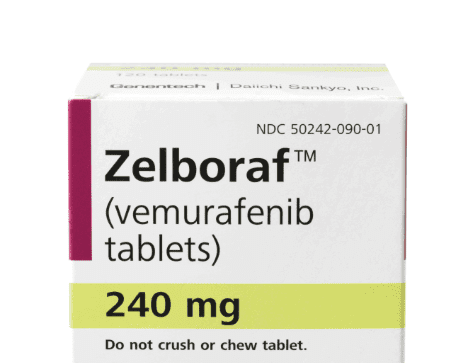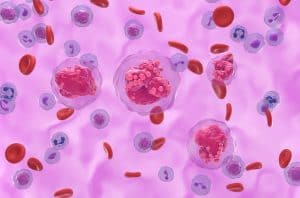
NICE still minded not to recommend Zelboraf
pharmafile | August 9, 2012 | News story | Sales and Marketing | BMS, NICE, QALY, Yervoy, Zelboraf
NICE is asking Roche for more information about its melanoma pill Zelboraf, saying it is still too expensive and its benefits uncertain.
The watchdog says in its second round of draft guidance that it wants Roche to hand over further information on Zelboraf (vemurafenib) for the treatment of unresectable locally advanced, or metastatic BRAF V600 mutation-positive melanoma.
NICE published draft guidance not recommending Roche’s drug in June – since then the Swiss firm submitted additional analysis on the cost effectiveness of the drug, but this still has not done enough to sway the watchdog.
The drug costs £1,750 per week; for an average treatment of seven months the drug would cost the NHS £52,000, making it one of the most expensive treatments ever to be assessed by NICE.
Only BMS’ melanoma vaccine Yervoy is more costly at £80,000 for a full course of treatment – unsurprisingly, NICE is also minded not to recommend this drug either.
This BRAF V600 mutation is present in around half of all melanoma patients and the drug is aimed at extending life for the most advanced cases, which amounts to around 1,000 people in the UK.
Because of the small number of patients the drug can treat, it did meet NICE’s end of life criteria which means the watchdog has a higher QALY threshold to work with.
NICE usually can only recommend a drug with a maximum of £30,000 per QALY gained, but for Zelboraf this was extended to £50,000.
Roche has offered a confidential discount to the drug’s list price, but NICE said even with this, the best QALY case was still ‘significantly higher’ than the £50,000 threshold.
Because of this, and continued uncertainties over the longer-term survival effect of the drug, NICE said it could not recommend the drug.
Professor Carole Longson, health technology evaluation centre director at NICE, said: “Vemurafenib is an expensive drug and its long-term benefits are difficult to quantify.
“During consultation on the first draft recommendations, the manufacturer of vemurafenib submitted additional analyses on the effectiveness of the drug in relation to its cost.
“When it was asked to consider this new information, our independent advisory committee concluded that they required further clarification to be able to make the decision to recommend or not recommend it for routine use in the NHS.”
NICE is specifically asking for more information on the drug’s survival benefits and a revised economic model on how much the drug will cost.
“We hope that Roche will be able to provide this additional information so that the committee can consider it at its next meeting on the topic,” Longson concluded.
Ben Adams
Related Content

NICE recommends migraine treatment for NHS use
The National Institute for Health and Care Excellence (NICE) has shared draft guidance recommending AbbVie’s …

GSK’s Jemperli recommended by NICE for endometrial cancer treatment
GSK has announced that the National Institute for Health and Care Excellence (NICE) has recommended …

NICE recommends SC treatment of AbbVie’s Tepkinly for patients with DLBCL
AbbVie has announced that the National Institute for Health and Care Excellence (NICE) has recommended …








